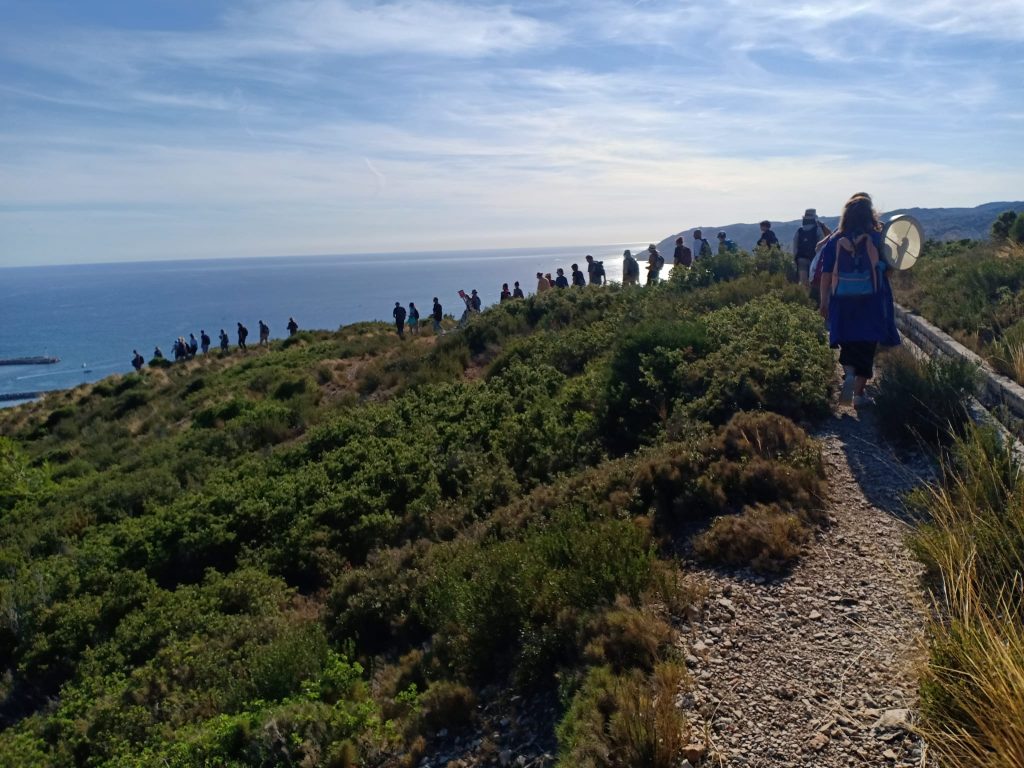Hôtel du Nord (HdN) Cooperative (Marseille, France)
#6 The Hôtel du Nord (HdN) Cooperative operates within the northern districts of Marseille, where the poorest neighbourhoods of the city are to be found. This area is considered the most violent centre of the city’s drug trade and most of the negative stereotypes are becoming self-fulfilling prophecies, weighing heavily on the future development of the area. For this reason, the northern district was excluded from the official and promotional representation of the city, which is why the Hôtel du Nord (HdN) Cooperative decided to take on this challenge. The HdN Cooperative has 80 members, 51% of whom are residents in the area. Its membership policy is open and voluntary, with a democratic decision-making process. Each member contributes to the broader cooperative purposes, and also helps in the organization of both tourist activities and community-empowerment strategies. In fact, in order to provide an alternative narrative for these neighbourhoods, the Cooperative organizes heritage walks, guided tours, accommodation services, and sale of local and artisanal products. Everything contributes to the improvement of the overall poor living conditions, reduction of discrimination and poverty, promotion of the social value of the local heritage and the strengthening of social ties. Indeed, the impacts generated by the Cooperative activity are evident. The intervention primarily benefits the district economically, thanks to the involvement of tourism, but, more importantly, HdN has become a source of local pride and community social cohesion. The social impact is due to the fact that, via the Cooperative, a growing number of residents from other areas are re-discovering the northern districts. They now feel safe crossing the streets and can appreciate the renewed narratives of those spaces. This success was facilitated by strong synergies powered by committed stakeholders. Furthermore, the adherence to the Faro Convention and to its three key principles (right to heritage, sustainable management and democratic governance) has helped to strengthen the entire process.




